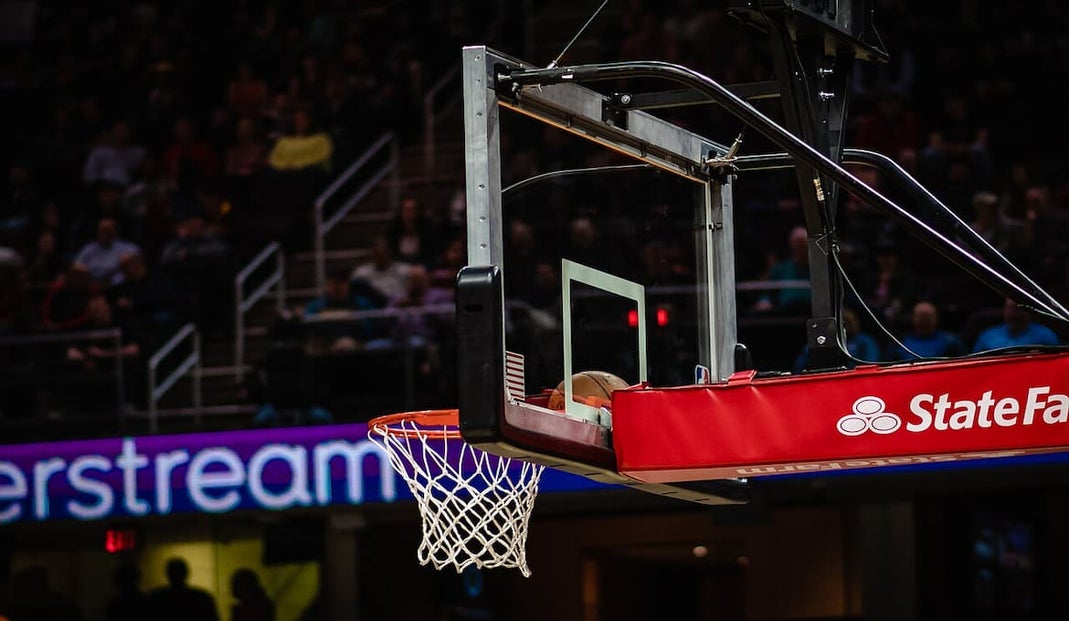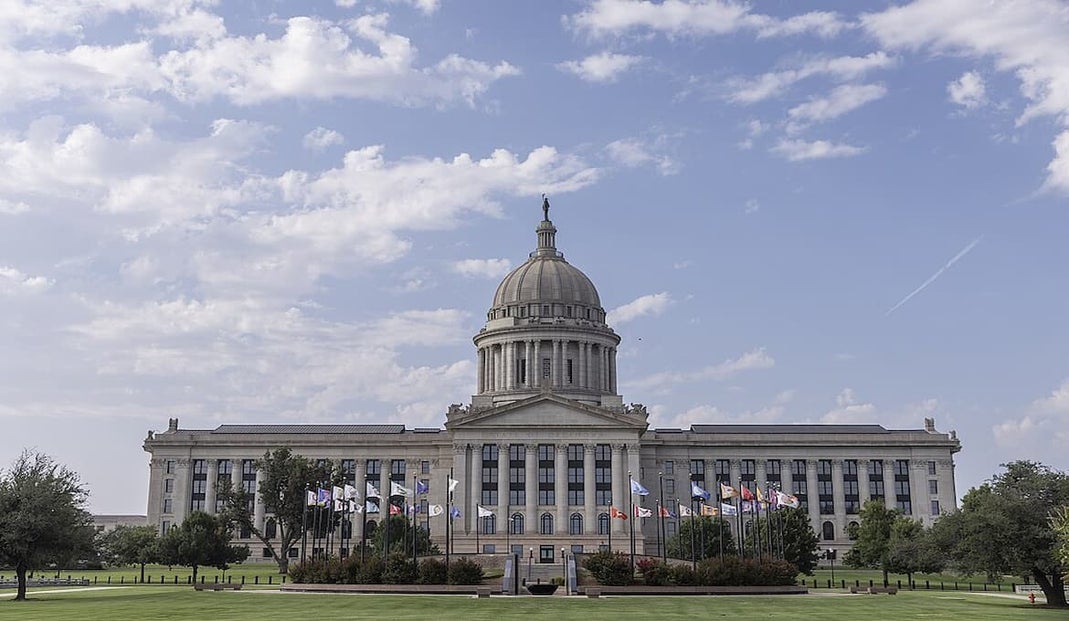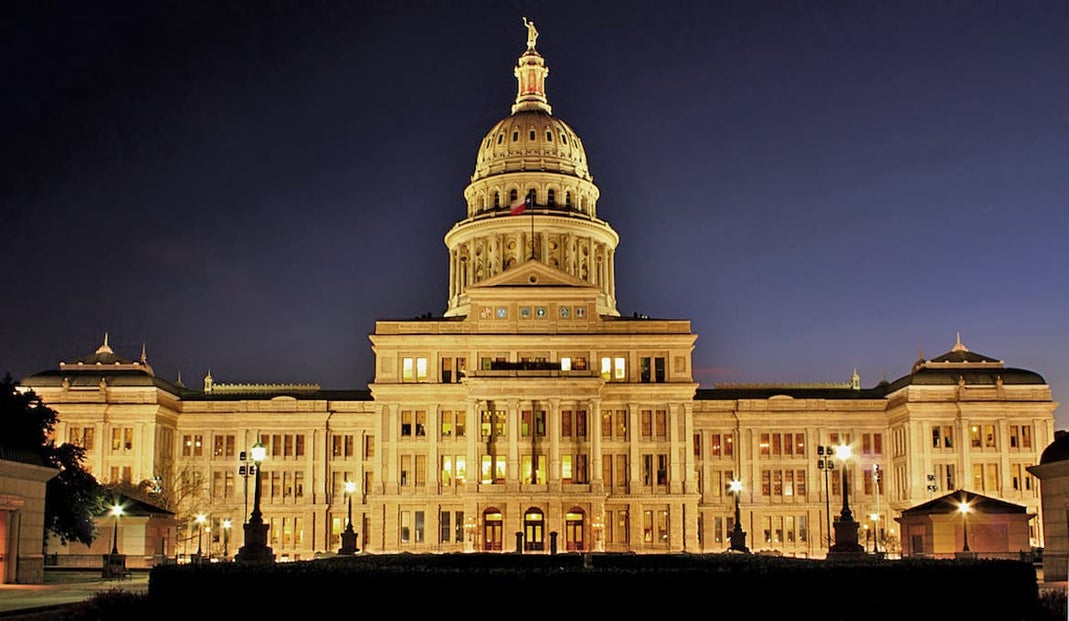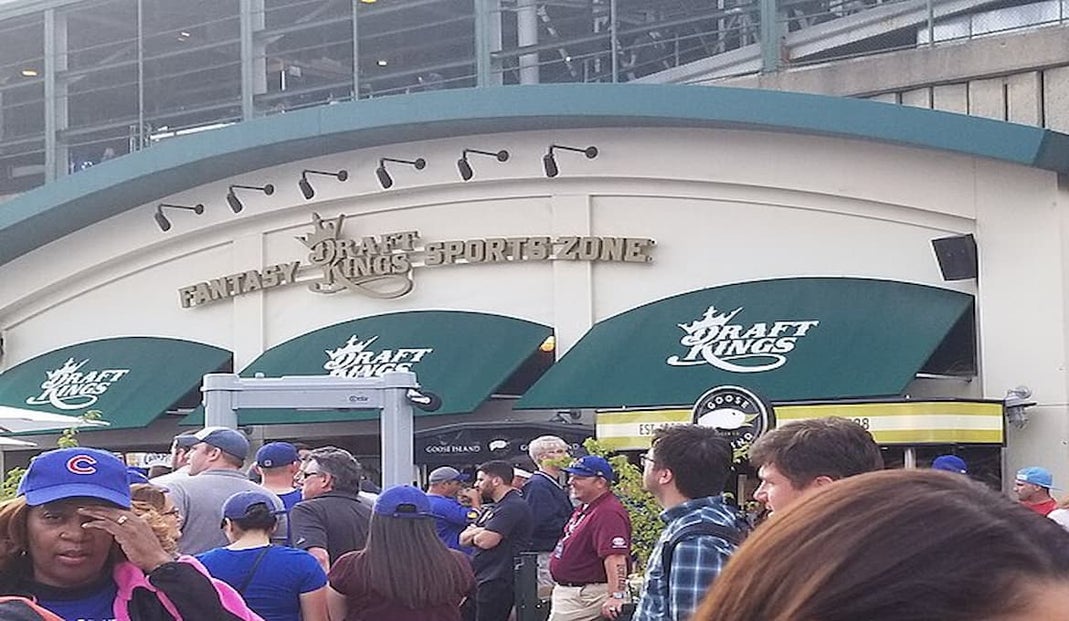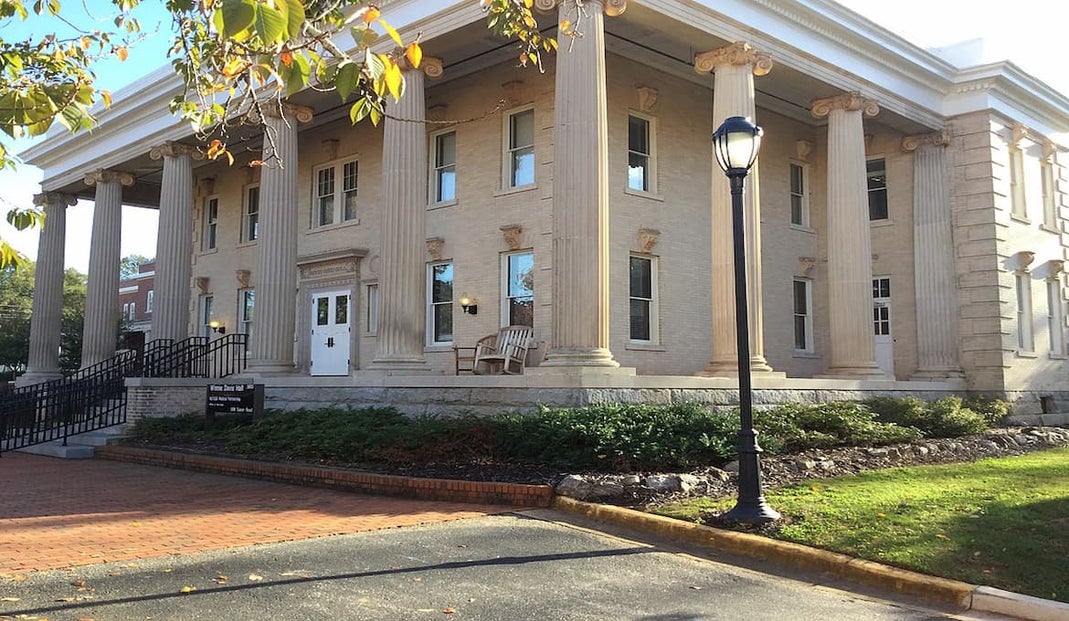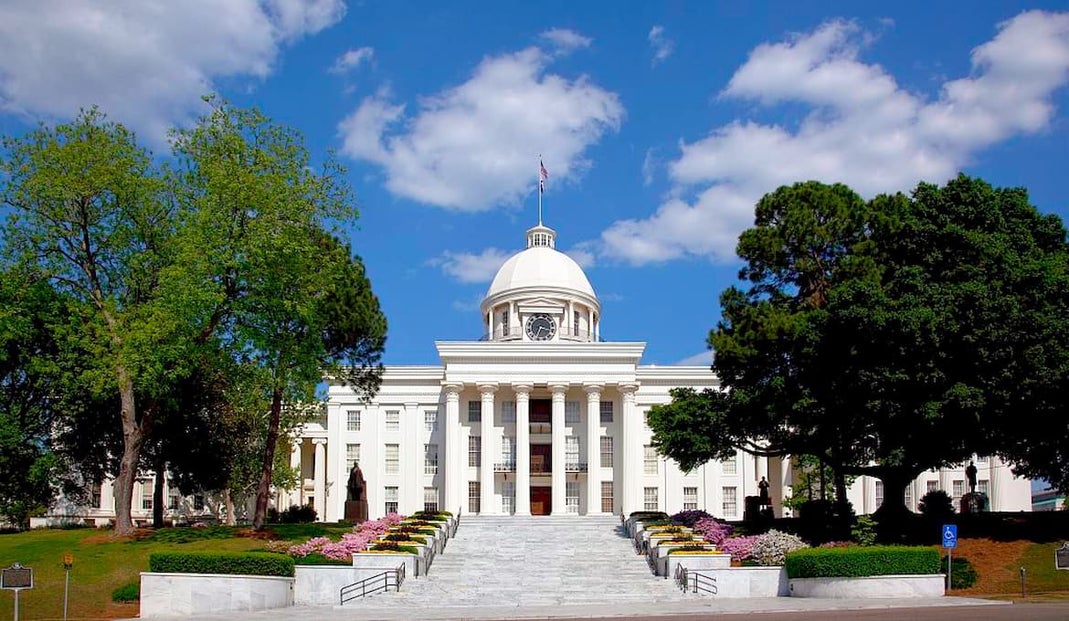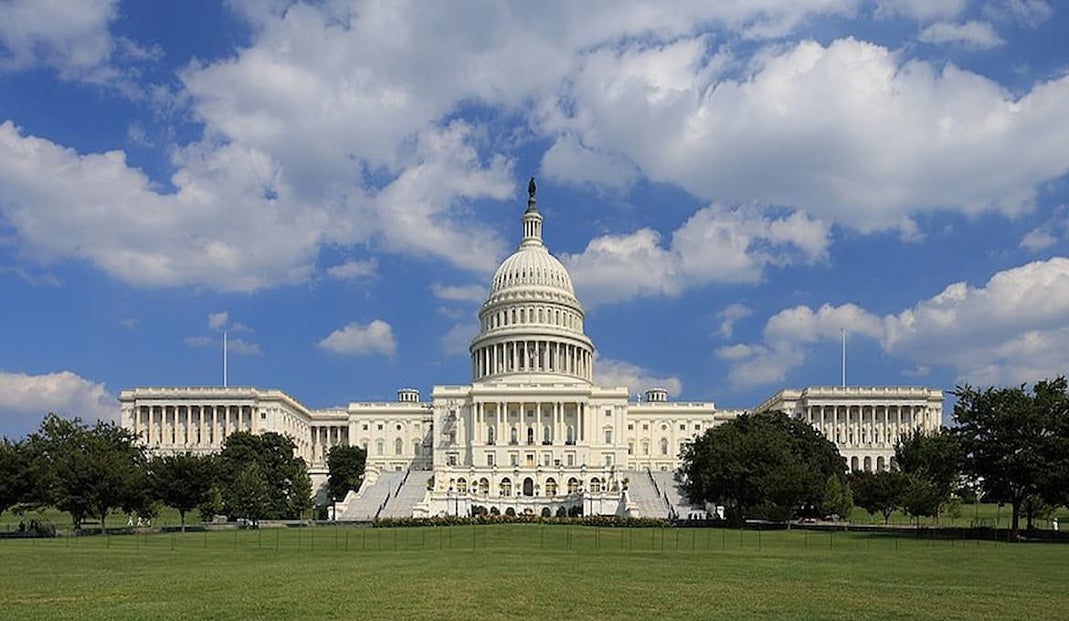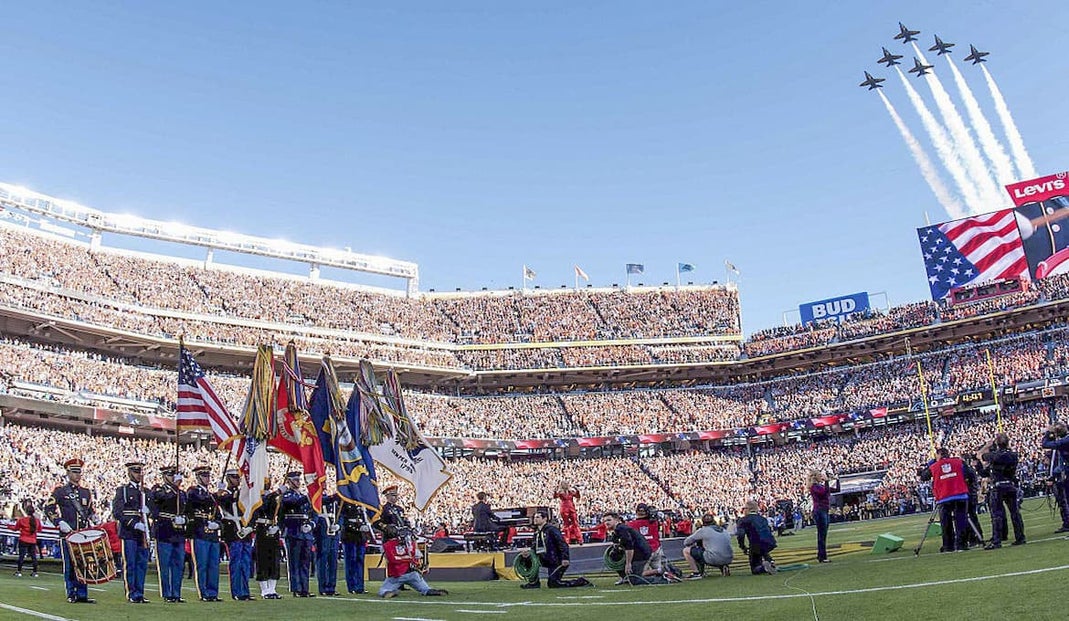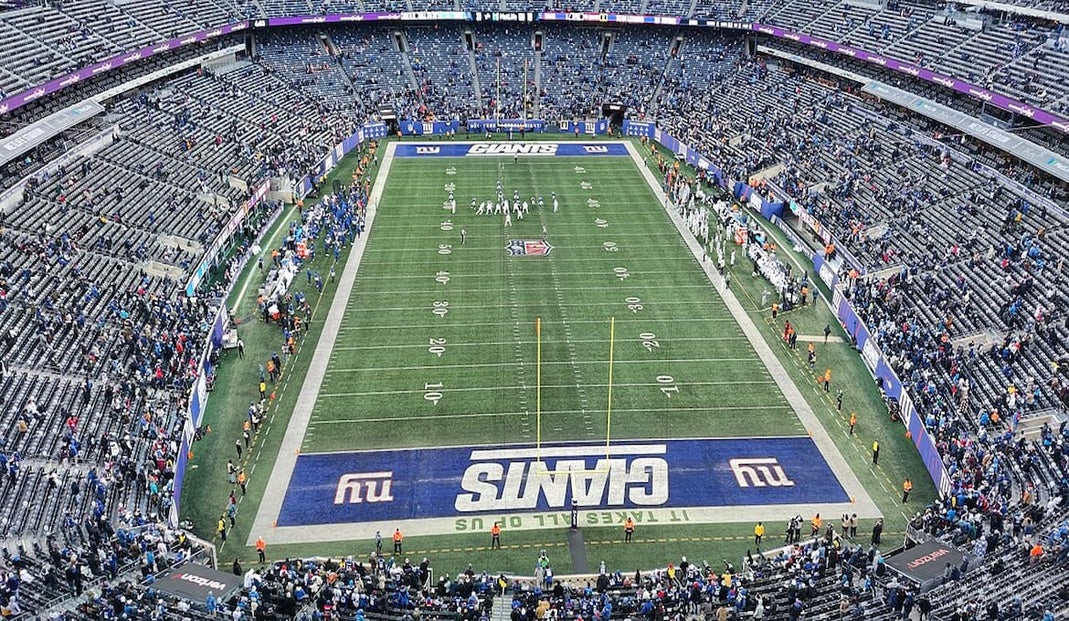Industry Proponents Decry Move
The most puzzling part of this House amendment is its reason. While problem gambling remains a serious issue nationwide, it wasn’t cited when the amendment was added, leaving many residents and the industry scratching their heads.
The move's lack of a clear explanation has angered sports betting proponents in the state. They accuse House lawmakers of playing games at the expense of the state’s thriving sports betting market.
Is Amendment Signing a Negotiating Tactic?
There is a growing belief that the amendment barring negotiations with sportsbooks over the next two years is a negotiating tactic. One possibility is that the state legislature wants to raise operator tax rates. Many other states have attempted but failed to raise their rates, but none have tried this tactic.
Another theory is that the state may want to create a single-source sports betting market. This would allow the state to operate its market, maximizing tax revenue. While this is a tempting option for many states, the few that have attempted it have failed miserably.
Regardless of their intention, lawmakers want to change the balance of power in the sports betting market.
How Will Sportsbooks Respond?
While the amendment's consequences won’t be felt for another two years, expect an immediate reaction from sportsbooks. Online operators have seen tax hikes and regulation changes nationwide and are beginning to fight back.
A battle between operators and the state government could hurt bettors the most. A popular tactic for sportsbooks has been watering down odds and limiting bonuses for bettors. This allows them to recoup some lost revenue and get angry bettors to turn against lawmakers. This tactic could be incredibly effective with many up for election in 2026.




